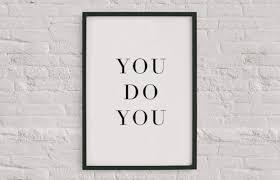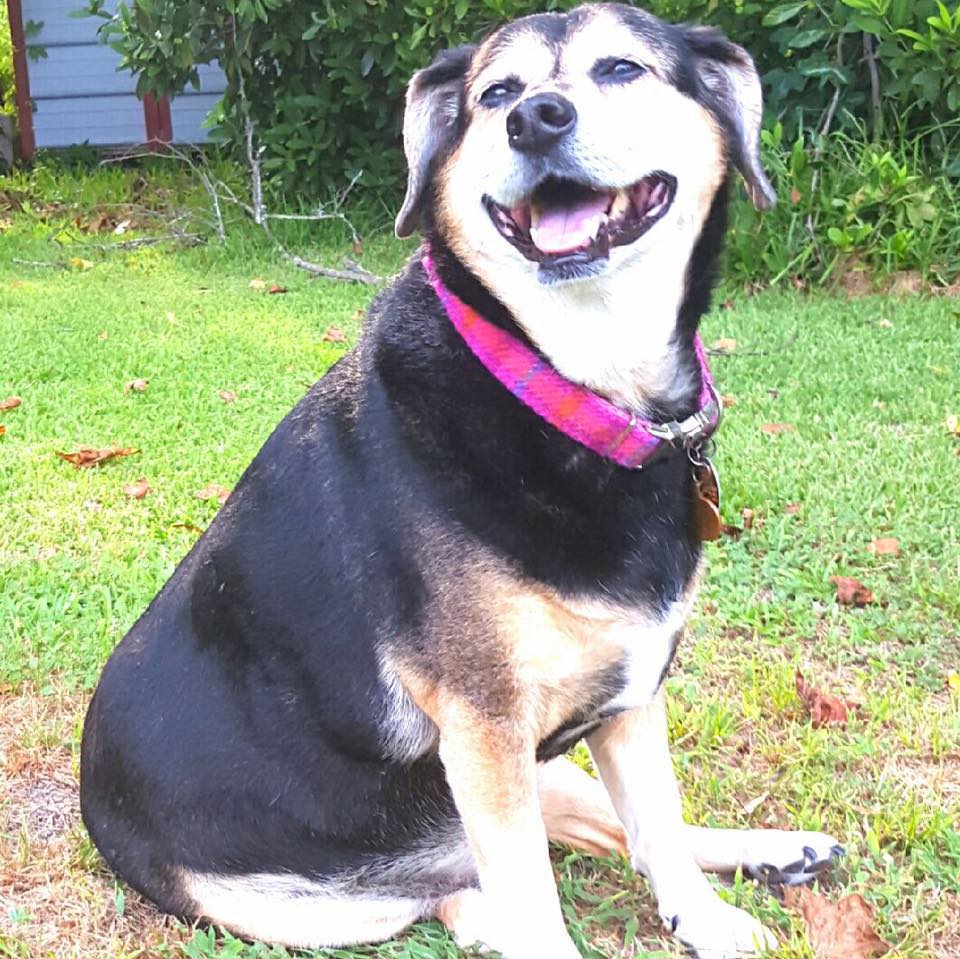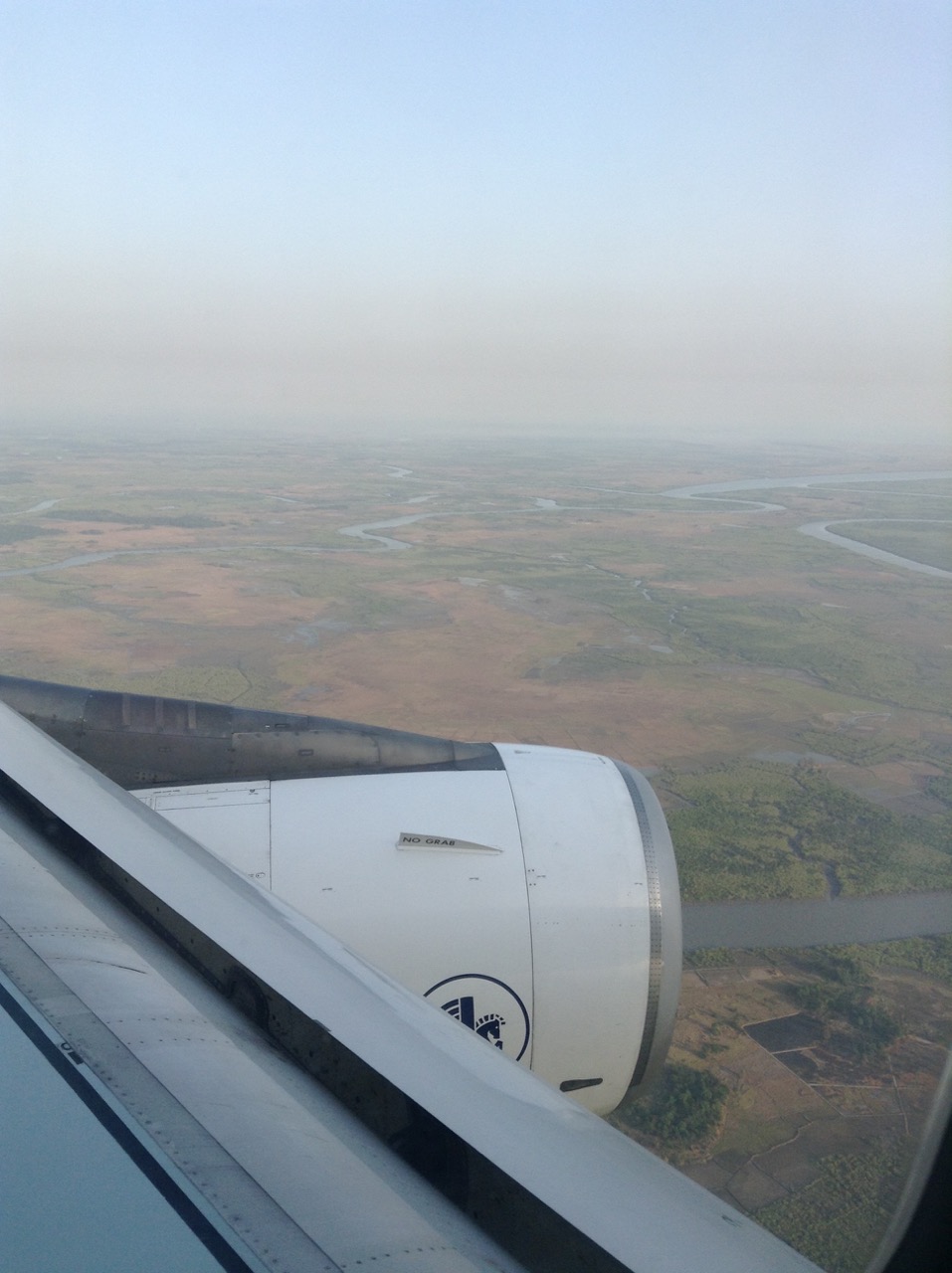 You do you
You do you
Our survey respondents were overwhelmingly female -71%- and they had a lot to say on all topics. Below Becca, a 36 year old expat aid worker, currently living in the US but -no new story here- a frequent traveler to Southeast Asia and west Africa. Her career story reflects many themes that appeared in our data:
- She entered the sector very early post-university, not quite knowing what was ahead.
- Though she has seen some of the worst conditions -think Ebola response in Guinea- she maintains a deep commitment to what she does.
- Her deployment record is lengthy, varied, and seemingly never-ending.
- She is challenged by the countless times non-sector people have questioned her job, motives, life choices and even the meaning of her life’s work.
Before we get to her thoughts, a personal aside. I too have trouble with communicating what I do and why I do it up to and including putting together this book. When I have nothing to gain -in terms of extrinsic rewards- why devote so much time and effort? How will this help to pay the bills? The push back is sometimes subtle, but it is there, making the time when I can burrow down into this work all the more valuable to me.
But, now on to Becca. Below she shares her story as it relates to personal relationships, both current and prospective. A single, post-30 year old woman, she is embroiled in an internal clash between her moral, humanistic calling to be of service to others and her very human urge to engage in long-term mate bonding. We know from research on the topic of happiness that both making meaningful impact upon our world and close family relationships are essential factors. Her dilemma is that, though she has good relations with her family or orientation she lacks even the beginning of a family of procreation.
What’s a girl to do? Here’s Becca’s thoughts:
Becca, aid worker
“Are you married?” “Do you have kids?” “Are you in a relationship?” “Have you met anyone?”
These questions can bring any woman over a certain age to their knees, but when you’re an aid worker, they often lead to additional questions and comments which can be downright debilitating.

“Well, would you like to be married?” “How do you expect to meet someone if you’re always traveling?” “You work such long hours; it must be difficult to meet someone.” “Honey – I really want a grandchild – don’t you think it’s time to settle down?”
And with every “no”, the final comment is usually something along the lines of “Well, at least you get to travel such exotic locations – I’d give anything to see what you’ve seen”. The grass-is-always-greener syndrome.
If “Aid Workers Anonymous” was a thing, I’d start each meeting with – “Hi, my name is Becca, and I’m 36 years old, female, unmarried, and don’t have children”, in an effort to address the elephant in the room straightaway and not give others the chance to ask the dreaded litany of questions.
Because in the United States, a woman over thirty that is career-oriented, unmarried, and without kids is almost sacrilegious. Our media touts stories either applauding or lamenting the ability for women to “have it all” … but what does that mean when you’re an aid worker? Does having it all have to include kids and a husband and the white picket fence and a dog named Spud and giving up the international travel and life experiences you’re having in the field?
Of course not – in fact, that stereotype doesn’t have to exist for women in any profession, though – as I’m starting to sound like I’m standing on a soapbox – I’ll stick with what I know and describe my experience as an aid worker and how it’s impacted my relationships – past, present, and future goals.
I literally fell into the aid worker role. I’d been working in Charleston, South Carolina for a year, hating my job working in the very upper-crust, blue-blood preservation world (turns out I’m neither upper-crust nor blue-blood), and responded to an advertisement to get back into the project management world through an organization largely funded by the U.S. Agency for International Development (USAID). I stopped in Chapel Hill, NC for the interview on my way home for Thanksgiving, was awarded the job on the spot, and the rest is history.

That was more than 10 years ago, and I’ve had a million opportunities since then. I’ve traveled extensively throughout sub-Saharan Africa supporting a malaria prevention program; I lived in Hanoi, Vietnam for 14 months supporting an HIV prevention program focusing on key at-risk populations (men who have sex with men, drug users, and sex workers; as my mentor would say – “sex and drugs and rock ‘n roll”); I’ve been to Bangkok and Jakarta more times than I can count; and was lucky enough to spend a full month touring the Caribbean on an HIV/Human Resources for Health (HRH) project. I’m currently based in Wilmington, North Carolina, am managing 2 staff, four international projects (2 each in Guinea and Thailand), and am pretty content in my job. Every day isn’t rainbows and unicorns and the travel can be wearing, BUT … overall, I’m content.
While my career is in a pretty good place, I’d say my relationship life is … meh. I have great friends and a supportive family, but … I’m the only one in my group of friends that is unmarried and without kids. I’m currently single (and ready to mingle, fellas!), but tend to work a godawful number of hours in a week, travel frequently, and spend any free time I carve out sleeping, or binge watching Netflix, or traveling domestically to see friends and family, or hanging out with my dog. I’ve recently realized that I live for my job, as opposed to the other – “normal” – way around.
Most of the time, I’m perfectly content – I recently bought a house, have some disposable income to play with, and get to travel the world. But sometimes – like during a recent anniversary party celebrating two of the best friends a girl could ask for; or after spending 3 weeks with best friends made in Hanoi and my godson – it gets a bit lonely. And then I look at my life and think – “Shit. I’m 36 years old. Yes, I get to travel the world, and yes, I love what I do, but … is this all there is?”
Going into the field is always a treat as a single woman as well. I find that, globally, folks have NO PROBLEM asking how old you are, if you’re married, if you’d like to be married, if you have kids, if you’d like to have kids, and commenting generally on anything from your hair color to your weight to your clothes in relation to why you’re single and don’t yet have kids.
Translation – people can (unknowingly) be rude. And those rude comments can be hell.
I didn’t make a conscious choice to “give up” one dream (the husband, babies, white picket fence, and all that) when I became an aid worker. I also FIRMLY believe that that the two don’t have to be mutually exclusive … you can ABSOLUTELY be an aid worker, follow your dream, travel the world, and still have a family.
I do think that the United States is a bit harsher in terms of timelines and reminders of a woman’s biological clock. I never felt old or any pressure to procreate when I was living in Hanoi … women around me – single AND married – were in their 40’s and just either having or adopting their first child. My best friend from Hanoi used to constantly tell me, “Becca, you’re 34 years old … why in the world do you think it’s over for you” when I would lament the fact that I wanted a husband and wanted kids (I can get a bit whiny, truth be told).
But on the flip side of that, it felt like my family and friends who thought my Hanoi stint was just a blip … “surely, she’ll return to the real world and settle down and start that family she’s always talking about”.
Coming home from Hanoi was eye opening, and not just related to the husband/baby pressure … I’d been away 14 months and my entire world had changed. I’d experienced and seen things that my family and friends never would. I’d been put through the ringer by my company and the donor, and lived to tell the tale. I made friendships that I was convinced (and have been proven right) would become some of the most important in my world.
But I was expected to fit right back into the “Becca” mold I’d previously inhabited. I should forget about Hanoi, go right back to work, and FIND A HUSBAND SO I CAN FINALLY HAVE THE BABIES I’VE ALWAYS WANTED.
Oof – just thinking back to that time is exhausting.
Sitting here writing this, I’ve just come off of a 2-month period where I’ve been to Guinea for 2 weeks, Bangkok for 3, and spent 2 weeks with friends that traveled from the UK for their first-ever visit to America. I’ve put a moratorium on work travel for the foreseeable future, and think it’s time to start focusing on me and meeting those relationship goals I do have … I would like to meet someone, and I would like to have children one day … and half the battle of even TRYING to meet someone is having the time to do so – to go on dates and decide if you’re a match. When you’re traveling all the time, it’s really hard to make that a priority. So I’ve drawn a line in the sand with my job, and am ready to turn the focus back to me.
Will it work? Who knows. But ya gotta try, right???
I don’t know if I’ve got any great wisdom to share or true conclusions to be drawn, but I think it’s important for aid worker women to know a few things:
- There is NOTHING wrong with you because you’ve chosen a life in aid work as opposed to a more “traditional” job (but even as I write that, I think “what does that even mean?”).
- Being an aid worker does not preclude you from having a husband and babies (if you so desire).
- NOT having a husband and babies is TOTALLY cool too!
- Being “of a certain age” should not provoke knowing head nods and slight grimaces when you tell people how old you are and that you’re single. Those people are assholes.
- Aid work is about passion … if you love what you do and are fortunate enough to have the husband and babies too – more power to you. If the other half of the equation hasn’t come along just yet … relax … you’re still doing amazing work for the world and should feel proud of that!
In other words …
You do you … and tell any naysayers to go fuck themselves.
The malady of infiniteness
I suspect that many aid worker’s can relate to Becca’s story and will nod that ‘the struggle is real.’ This tension between the moral and mating callings within the heart is timeless and certainly not restricted to females, and, as Becca points out, there are no easy solutions. The sociologist Emile Durkheim told us long ago that we are destined to wrestle with the ‘malady of infiniteness’, with social possibilities being many and life paths being limited. Being human means to be constantly battling contradictions; we are a species who can frequently imagine and desire more than our finite lives can provide.
And so it is with most everyone, including SWF aid workers.


 Follow
Follow